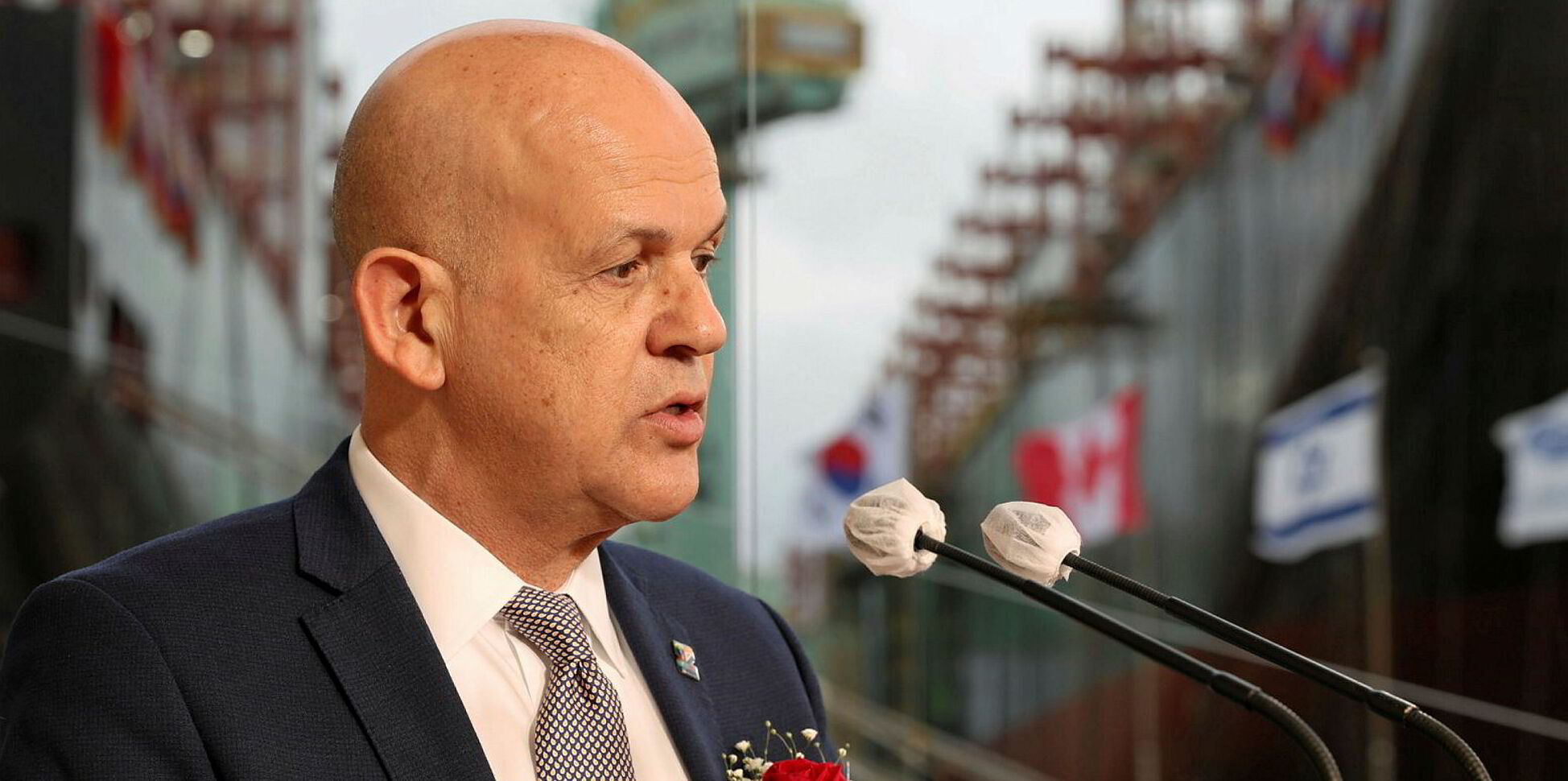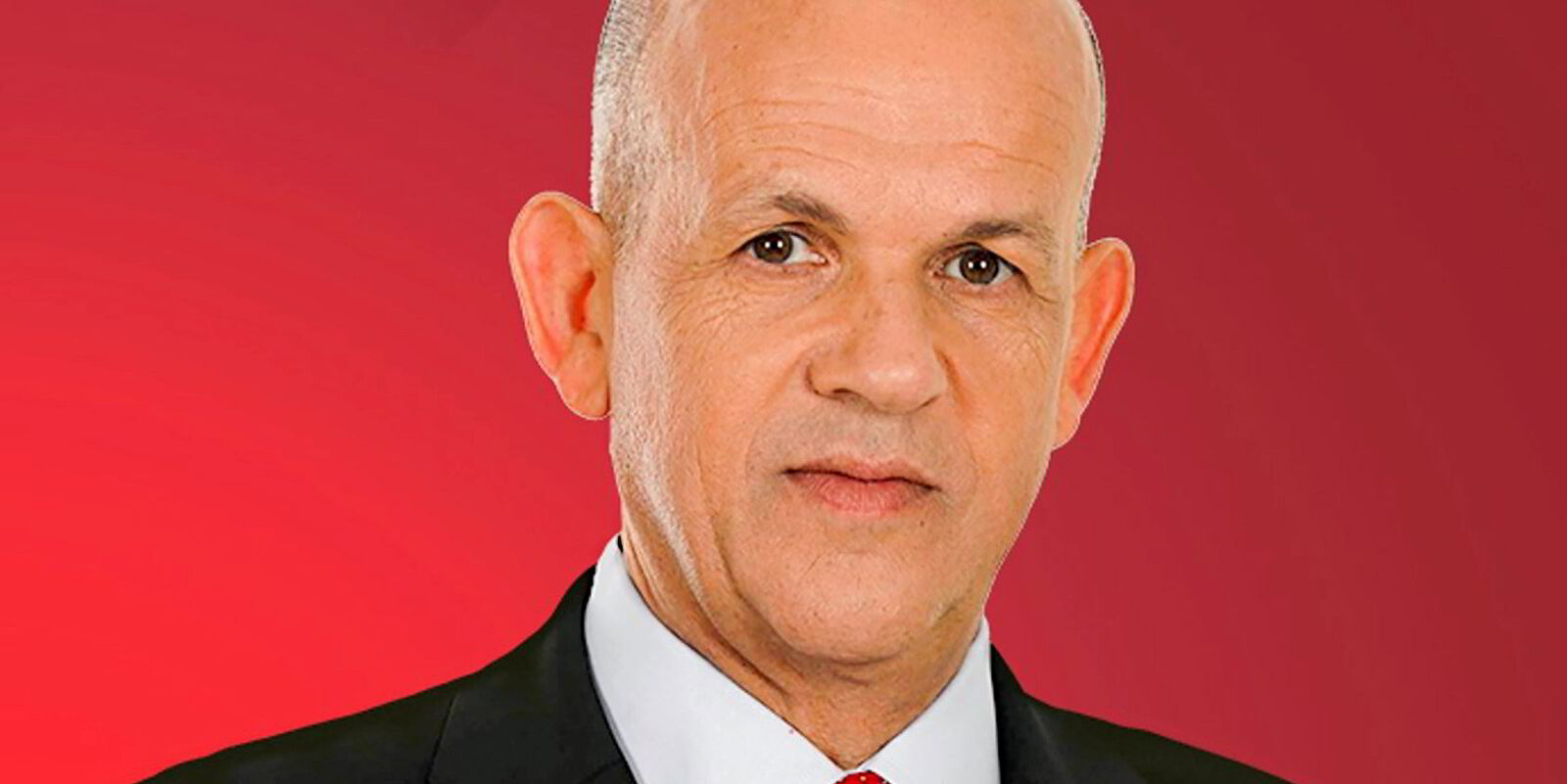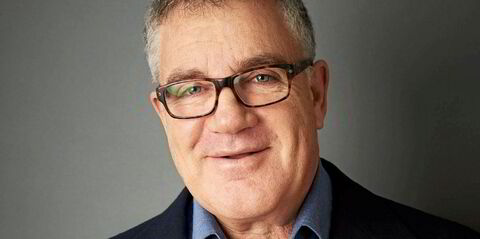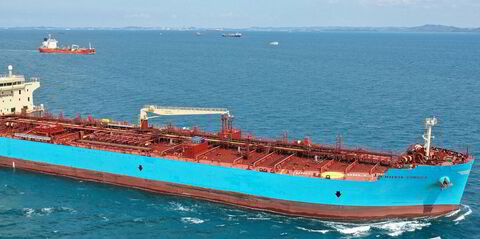The management of Israeli liner company Zim is prepared to face whatever changes may arise starting in 2025 under Donald Trump’s second term as US president.
What those changes are remains to be seen, and Zim executives speaking on a call with TradeWinds following the release of robust third-quarter earnings did not pretend to hold a crystal ball.
Wars and tariffs
They agreed, however, that much of the focus should be on the possible resolution of military conflicts in Ukraine and the Middle East, the latter of which has turbo-charged Zim’s 2024 performance; and on tariffs that may flare up between US and China, and possibly others.
Chief financial officer Xavier Destriau said: “It appears to be at the top of the agenda to try to settle the conflicts that are currently impacting the world, in Ukraine and the Middle East.
“How it’s handled remains to be seen, but it would be beneficial to everyone.”
Perhaps not beneficial to Zim’s profits, however, as the Israeli outfit has been one of the key beneficiaries of Houthi terror attacks on shipping in the Red Sea.
These have caused liner companies to divert cargoes away from the Suez Canal and around the Cape of Good Hope, with added tonne-miles.
Zim is projecting continued disruption and diversion for the remainder of this quarter but is not forecasting further, he said.
This is unlike competitors AP Moller-Maersk and Hapag-Lloyd in the Gemini Cooperation, which are factoring further diversions into the 2025 schedules, he noted.
The other topic, tariffs, is not generally posed as a trade positive, but Zim has some ideas about what could come.
Destriau said: “It’s very possible some tariffs are imposed early on in the Trump administration.
“What we should not lose sight of [is that] there is not only the US policy but also on the other side of the fence China, which is not preparing to reduce exports. So maybe US imports reduce as a result, but cargo will find other destinations.”
Overall, volumes are projected by several sources to increase 2% to 3% in 2025 from 2024, he noted.
“There might be changes in the flow of cargo. We need to be prepared for that and I think we are,” Destraiu said.
“We are engaged in trades that were not as important to us in the past, like Latin America, that we think will benefit from trade with Asia and potentially North America as well.”

Zim is also looking at the other end of the trade: cargoes originating from China that might need to be sourced elsewhere.
The Haifa-based operator has devoted attention and resources to areas already beginning to emerge in this way.
“These are countries we believe would benefit from a potential change in sourcing strategy of US shippers that want to divert from China but will need alternative sources of supply: Vietnam, Thailand and Korea,” the executive said.
“There is significant growth potential, which we already see. We’re extremely active in these places and are here to capture this volume,” he added.





